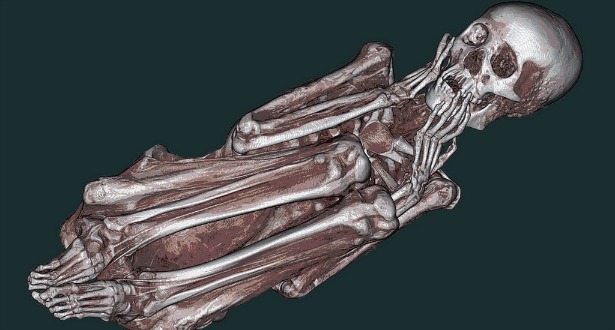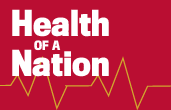On the Sordid Sale of Screening Tests
If your church is endorsing a "health screening fair," it must be good, right?

A patient I'll call Mildred came to her appointment and handed me a report from a medical screening fair at her church. She wanted to know what to do about it. The print-out said that she had a "mild" blockage in her carotid artery. They told her to discuss it with her primary care doctor (me).
You may have seen the advertisements in your local paper, or even on your local hospital's website. Ads that boast "Important screening tests that COULD SAVE YOUR LIFE. All for $129! NO DOCTOR'S ORDER NECESSARY!"
I love America and the free market. I love companies that make a buck with hard work and ingenuity. I love the idea that people are free to spend their money on whatever they want. I'm even open to the idea of DIY medicine. But I don't love when innocent people get fleeced in the name of bad medicine that pretends to be good.
Worse yet, when it happens at church. Commercial screening companies fiendishly target churches to find parishioners looking for healthy bargains. If your local church is endorsing a "health screening fair," it must be good, right?
That's how Mildred was convinced to get ultrasound tests of her neck, abdomen, legs, and heel. Her friends and peers were doing it. It seemed right, and like a bargain -- so many medical tests for one reasonable price. She'd always been healthy, but one never knows. The sales flyer made it seem that she'd be a fool not to get tested. People drop dead all the time having never known they were sick, right?
Well, Mildred is 58. She doesn't smoke, and she walks her dog for at least a half hour most days. By those facts alone in the modern U.S., Mildred is in the healthier half. She didn't need these screening tests, and I'll tell you why.
As a non-smoking daily walker, her chance of having peripheral arterial disease (blockage of the leg arteries) is vanishingly small. The ultrasound of her abdomen, to search for an aneurysm of the aorta, is also a waste of money since her likelihood of having the condition borders on the absurd. The same is true for the ultrasound she received of her carotid arteries. In fact, the country's most influential (and controversial) authority on screening, the U.S. Preventive Services Task Force, recommends against all of the tests Mildred underwent as routine screening tests.
But isn't it better to know if she has a condition, no matter how unlikely it is? After all, it's her money.
Again, I'm all for her being able to spend her money as she sees fit; but I want the extremely low odds explained to her in non-technical language before she agrees to fork over the money. (In fact, I've called for it recently in the Annals of Internal Medicine).
The broader issue on why excessive screening is bad is that it can lead to a cascade of obligatory follow-up costs down the line. Those may not cost Mildred financially, but they can cost the system.
There's the natural inclination that, even if I have a one in ten thousand (or one in a hundred thousand) chance of something, I want the test! Going further, isn't that my right? Yes, but consider that there's a reason we have entities like the Preventive Services Task Force that invests a lot of time and money in creating the best recommendations for when we should and should not have screening exams.
Take the example of the chest CT scan screening for lung cancer. In this situation, the test works: it's good at finding lung cancer earlier. But then, it doesn't work: Those with cancer don't live longer than they would if they weren't screened. (That's why the evidence on it is " Insufficient to make a recommendation.") The biggest practical problem is all of the abnormal findings that aren't cancer. I've had many patients come to me with 'abnormal' CT Scans. Those folks are then subject to years worth of cost, anxiety, and excess radiation exposure for subsequent studies to monitor these "incidental findings (incidentalomas, we call them).
Just like Mildred. The finding on her carotid ultrasound wasn't good; but it wasn't really bad, either. It just became a nuisance -- for her, and all of us. I say all of us since as taxpayers we all eventually foot the bill -- as individuals contributing to programs like Medicare and Medicaid, and collectively as a nation that wastes one-third of what it spends on health care for no added benefit. Companies should not play on our fears to sell us unnecessary screening exams. When they do, we should be confident that we're better off not buying them.
